The topic of this month’s Nonprofit Blog Carnival hosted by Nancy Schwartz is “What single book (not blog, not conversation, not Facebook page) has changed your life as a nonprofit staffer, consultant or vendor?”
If you’re one of my regular readers you know that I’m constantly recommending books to my readership, both fundraising and non-fundraising.
How to narrow it down to just one?
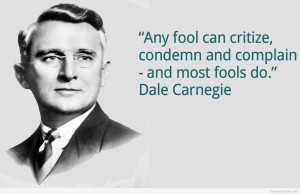 So I took a trip down memory lane and recalled a time in my early twenties when I was working in advertising sales for a small weekly newspaper in Pontiac, Michigan, The Pontiac Times. What on earth was I, a bleeding heart child of the seventies who toyed with various career objectives such as social work, politics and law, doing working in advertising sales?
So I took a trip down memory lane and recalled a time in my early twenties when I was working in advertising sales for a small weekly newspaper in Pontiac, Michigan, The Pontiac Times. What on earth was I, a bleeding heart child of the seventies who toyed with various career objectives such as social work, politics and law, doing working in advertising sales?
Well, the Pontiac Times wasn’t just any weekly newspaper. It was the primary tool for one man, prominent architect c. Don Davidson (known as “Howard Roark” to friends and enemies alike) to espouse his vision for urban renewal. I got caught up in the vision and when I was asked to come on board to sell advertising I said yes. It was a small shop, so feature writing and advertising layout came along with the job.
Trouble was I was also someone who, as a child, would fake being sick to avoid oral presentations at school. Painfully shy and soft-spoken, my first two weeks in sales were nerve-wracking to say the least. Then my sales manager presented me with a copy of Dale Carnegie’s classic, How to Win Friends and Influence People.
I won’t bore you with the details of my turnaround. Suffice it to say that I became the highest selling member of the advertising sales team at the Pontiac Times for two years running.
Written in 1936, How to Win Friends and Influence People contains advice that many dismiss as common sense, simplistic and dated. Some even, mistakenly, imagine that the tactics are manipulative. Yet it’s still a book that I revisit today. And aren’t the best solutions usually the simple ones?
What lessons does it contain for the nonprofit fundraiser?
- Give honest and sincere appreciation.
- If you are wrong, admit it quickly and emphatically.
- Try honestly to see things from the other person’s point of view
- Dramatize your ideas.
- Let the other person do a great deal of the talking.
Great fundraising is, after all, all about understanding the psychology of people and how we interact and respond to one another. How to Win Friends and Influence People is a classic primer for just that.
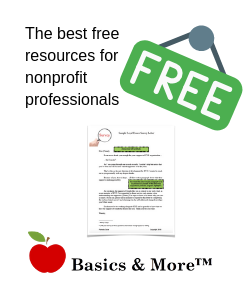
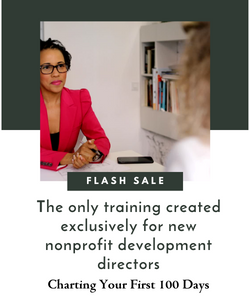
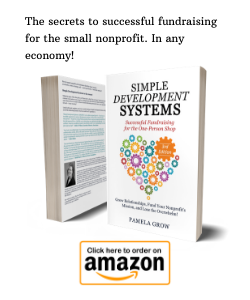
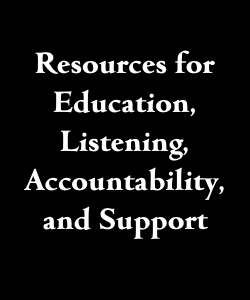


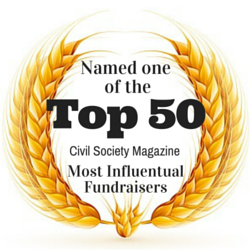
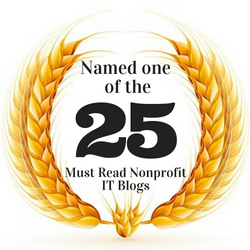




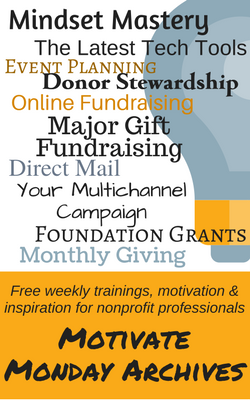

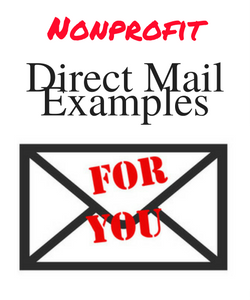
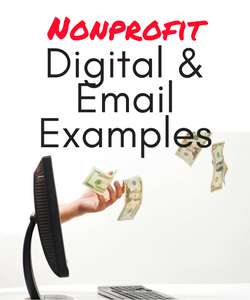

 I can’t wait to meet with you personally.
I can’t wait to meet with you personally.
Comments on this entry are closed.